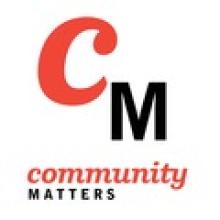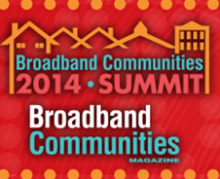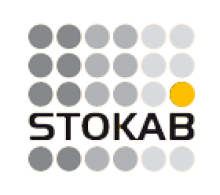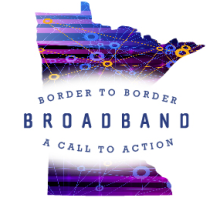Crain's New York Business: New York City Conduit Jam Packed
Crain's New York Business recently published an article on the crowded conduit under New York City. The article complements the April 7 edition of This Week in Crain's New York podcast, hosted by Don Mathisen.
Empire City Subway (ECS), the crumbling subterranean network of conduit for telephone wires constructed in 1888, is so crowded underground construction crews regularly need to detour to reach their destination. Routes are no longer direct, adding precious nanoseconds to data delivery - a significant problem for competitive finance companies.
Verizon owns ECS and, according to the article, does not operate with competitors in mind:
But businesses that lease space in the ECS network for their own fiber-optic cable say that Verizon doesn't worry about keeping the system clear for others. Conduits are filled with cables from defunct Internet providers that went belly-up after the dot-com bust in 2000. Verizon itself left severed copper wire in lower Manhattan ducts after installing a fiber-optic network following Superstorm Sandy. (The company says the cables could be easily removed, if needed.)
Stealth Communications spent an extra $100,000 in March to re-route its fiber from Rockefeller Center to Columbus Circle. Conduit was so congested along the planned route, the independent ISP needed to go 6,500 feet out of its way. The re-route added almost two weeks to the project.
Crain's contacted Chris Mitchell from ILSR:
"It's foolish to think that we can just leave it to the market to use this limited space under the street efficiently," Mr. Mitchell said. "The fiber needs are tremendous, and if New York over time can expand access to a lot of fiber at low cost, we'll see all kinds of [innovation]."











